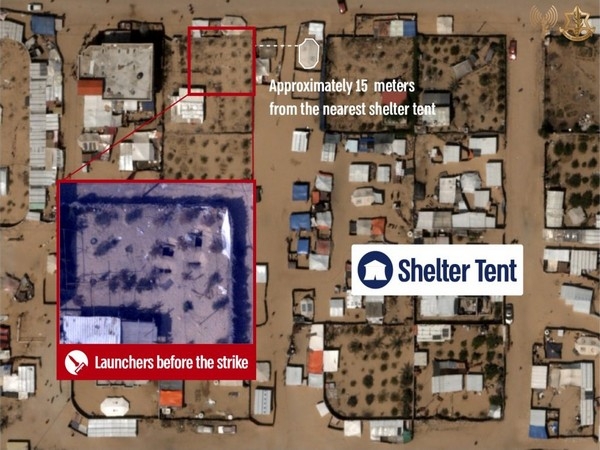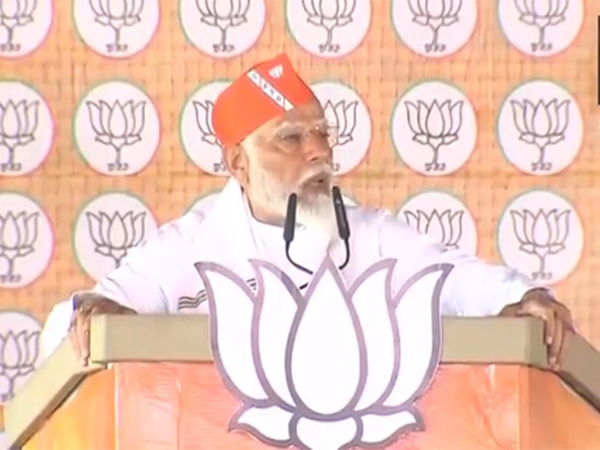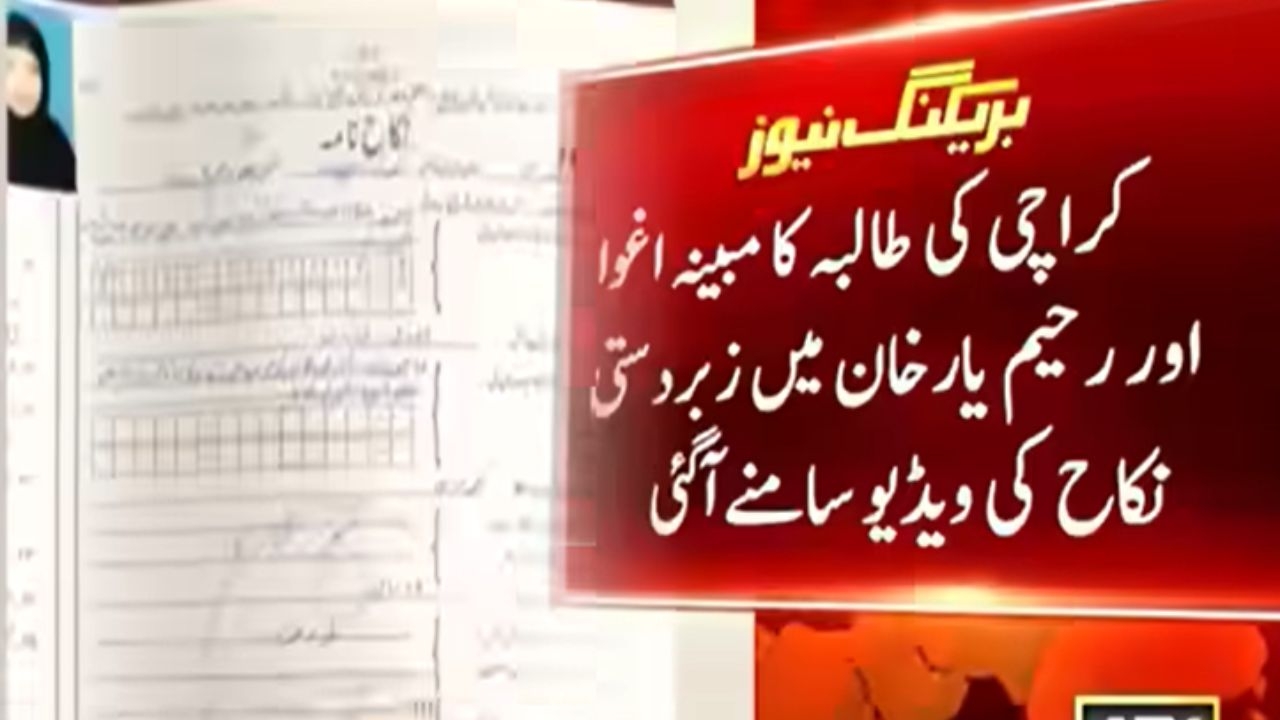A right to vote or a duty to vote? Gujarat's compulsory voting explained
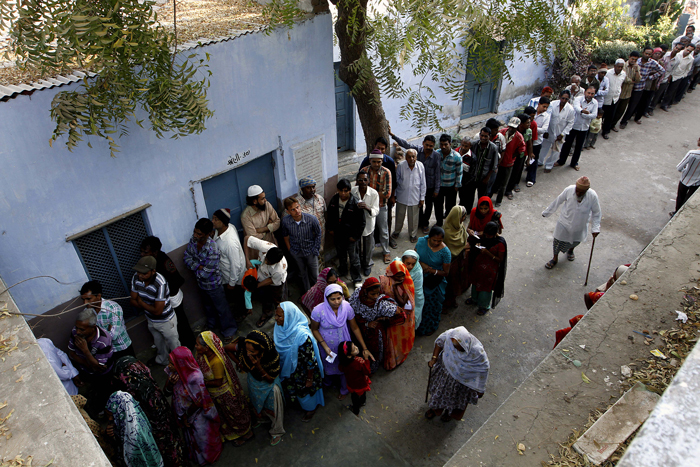
In November 2014, the Gujarat government passed a controversial law - the Gujarat Local Authorities Laws (Amendment) Bill, 2009 - one which made voting compulsory in local body elections.
But then on 21 August, in a blow to the state government's plans to implement the Bill, the Gujarat High Court stayed the legislation to make voting compulsory in the local body elections which are to be held later this year.
This decision was taken after a petition filed by advocate KR Koshti challenging the Act was allowed.
Citing various provisions of People's Representation Act, the petitioner had challenged the government move saying voting was a right of citizens, and not a duty, and the government could not make it mandatory for the people to vote.
He also argued that the state legislature did not have any legislative competence to enact a law regarding voting as it came under the purview of the Constitution and any such law could only be amended or enacted by Parliament.
The stay has been granted till the final disposal of the case. The High Court held that the 'right to vote' itself provided the right to refrain from voting and it could not be turned into 'duty of voting'.
The history
The Act was first passed by the Gujarat Legislative Assembly in December 2009. But the then Governor, Kamla Beniwal, declined to give her assent and returned the 2009 Bill to the Gujarat government for reconsideration on the grounds that "forcing voters to vote is against the principles of individual liberty" and that it was violative of the right to free speech under Article 19(1) (A) of the Constitution of India.
The very essence of "freedom" and "free choice" is antithetical to coercing voters to choose
It was only after the national election in 2014, when OP Kohli was appointed as the Governor of the state, that the bill got the Governor's assent. The Act was then notified by the Gujarat government in July 2015.
An effort should definitely be made to encourage voting. But ensuring "freedom of voters to exercise their free choice" can not be equated with "compelling voters to choose". The very essence of "freedom" and "free choice" is antithetical to coercing voters to choose, even if that choice is NOTA.
The Act explained
The Act makes voting mandatory with respect to Panchayat, Municiapl Corporation and municipality elections in the state and this will be implemented in the upcoming district panchayat and municipal corporation elections in October.
The system is being put to practice in 253 municipalities, 208 taluka (tehsil) panchayats, 26 district panchayats and six municipal corporations. The Act also increases reservation for women in these bodies to 50%, compared to the 33% before.
The main objection is that even refraining from voting is a matter concerning the freedom of expression
According to chief minister Anandiben Patel, the state government has made all the necessary arrangements to implement the new law and it has also been framing rules for people who cannot cast their votes.
The following categories are exempted from voting:
- Any qualified voter physically incapable of voting on account of 'illness' or 'bodily infirmity'
- Any qualified voter not present in the state of Gujarat or in India on the day of the election
- Absence of any qualified voter on account of "such other valid and sufficient reasons as may be prescribed by rules by the State Government in consultation with the State Election Commission" such as "mourning a death or attending a wedding" on the day
The consequences of not voting include:
- An election officer shall write to such voter(s) and inform them that they have one month to communicate the reasons for not voting, along with supporting documents (such as a medical certificate, travel documents) if any
- If the voter fails to respond to the notice or if the election officer is not satisfied with the reasons provided by the voter for not voting, the election officer can then declare him/her a 'defaulter voter'
- If the 'defaulter voter' is 'aggrieved' by this declaration, he can appeal to an 'appellate officer' within one month from the date of such a declaration
- The appellate officer can then give the person the opportunity to be heard and pass a final order
While the draft rules to the Act have not been notified yet, Panchayat, Rural Housing and Rural Development Minister Jayantibhai Kavadia recently announced that the penalty for not voting will be Rs 100
A duty or a right?
The Supreme Court of India has repeatedly held that the act of voting is an exercise of expression of speech.
As the Court once said in the People's Union for Civil Liberties v. Union of India case: "The essence of the electoral system should be to ensure freedom of voters to exercise their free choice. Article 19 guarantees all individuals the right to speak, criticize, and disagree on a particular issue. Not allowing a person to cast vote negatively defeats the very freedom of expression and the right ensured in Article 21 i.e., the right to liberty.
That's why the biggest constitutional question such a law raises is whether citizens can be compelled to vote when they do wish to. The principal objection has always been, and will always be, that voting in a particular way, or even refraining from voting, is a matter concerning the freedom of expression.

_251372_300x172.jpg)
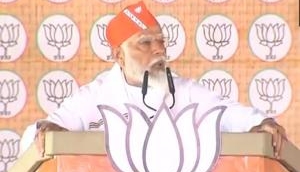
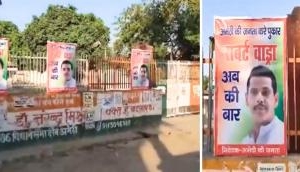
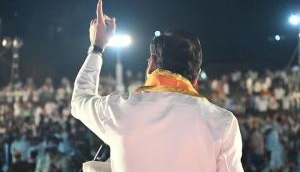
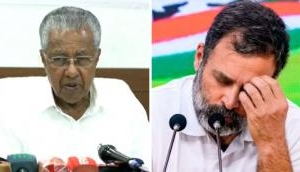
![BJP's Kapil Mishra recreates Shankar Mahadevan’s ‘Breathless’ song to highlight Delhi pollution [WATCH] BJP's Kapil Mishra recreates Shankar Mahadevan’s ‘Breathless’ song to highlight Delhi pollution [WATCH]](http://images.catchnews.com/upload/2022/11/03/kapil-mishra_240884_300x172.png)

![Anupam Kher shares pictures of his toned body on 67th birthday [MUST SEE] Anupam Kher shares pictures of his toned body on 67th birthday [MUST SEE]](http://images.catchnews.com/upload/2022/03/07/Anupam_kher_231145_300x172.jpg)


_251372_1280x720.jpg)
_251371_1280x720.jpg)
